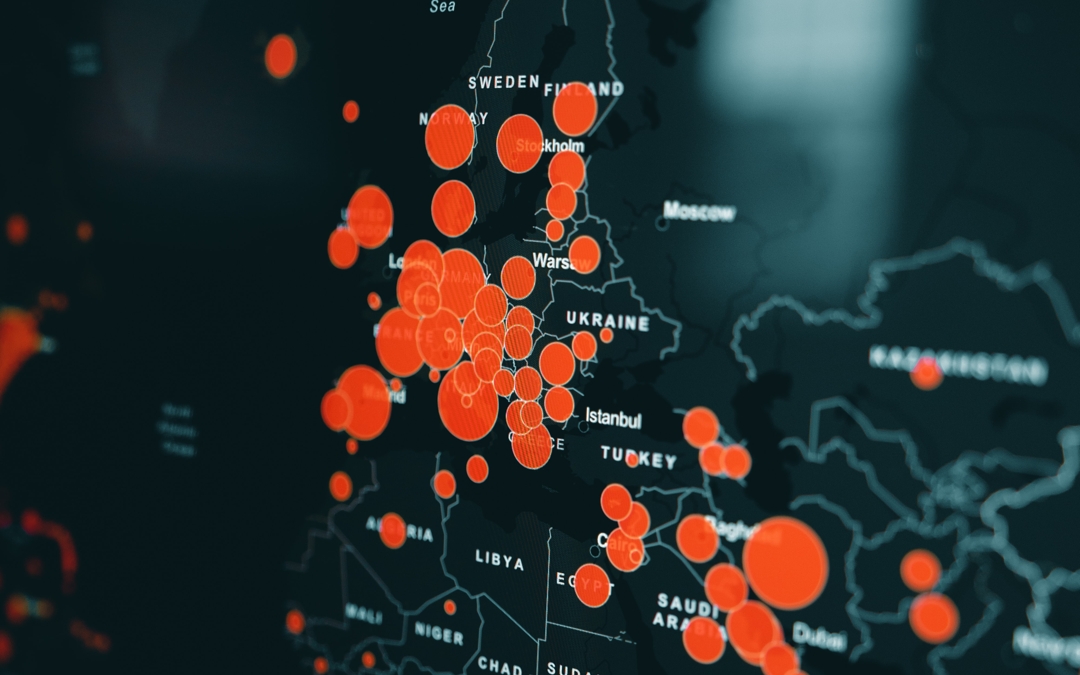How transnational cooperation projects deal with current restrictions.
aconium participates in numerous European cooperation projects. In these projects, cities and regions work together to find solutions to common challenges in the areas of digitalisation, mobility, energy and education. The mutual exchange is key for such projects. Currently, events, meetings and other activities cannot take place as planned. This poses challenges for the projects. How do they deal with this?
Support by the funding programmes
The Joint Secretariats of the funding programmes support projects with a number of flexibility and goodwill arrangements.
For example, the Interreg programmes in the North Sea and Baltic Sea Region offer their projects the option to apply for a six-month prolongation if the delivery of important project outputs is delayed due to the effects of the corona pandemic. In some cases, regulations for signing documents have been adapted so that digital signatures are also accepted for reporting and control.
On its website, Interreg Baltic Sea Region summarises: “To make sure that projects will achieve their results as planned, the Managing Authority /Joint Secretariat will be flexible and responsive to the actual situation.”
Building capacity for online meetings
As in all parts of society, project partners of European cooperation projects are now increasingly relying on online meetings and digital collaboration. Even before COVID-19, this has already been part of many project partners’ working routines. But now, many are trying new formats and tools and getting to know new possibilities. Also in this area, the funding programmes provide support through qualification offers. Interreg Europe had planned a webinar on the topic of “Host your meeting online” already for a long time. When it was held at the end of March – around ten days after the lockdown started in most European countries – more than 400 people participated and demonstrated an unprecedented interest in the topic.
New opportunities for digital participation
Projects that place particular emphasis on participation and co-creation, are among those affected most and have to change their work plans now. The Interreg Baltic Sea Region projects LUCIA and GreenSAM had planned participation processes at various pilot sites, which now have to be moved to the digital space. This is particularly a challenge if the target group consists of senior citizens, as in the GreenSAM project. However, initial experiences of the participating cities of Hamburg (Germany), Riga (Latvia) und Porvoo (Finland) show that the crisis also offers the opportunity to become creative, to further develop digital formats and to expand the tool kit of participation instruments – even for the post Corona time.

